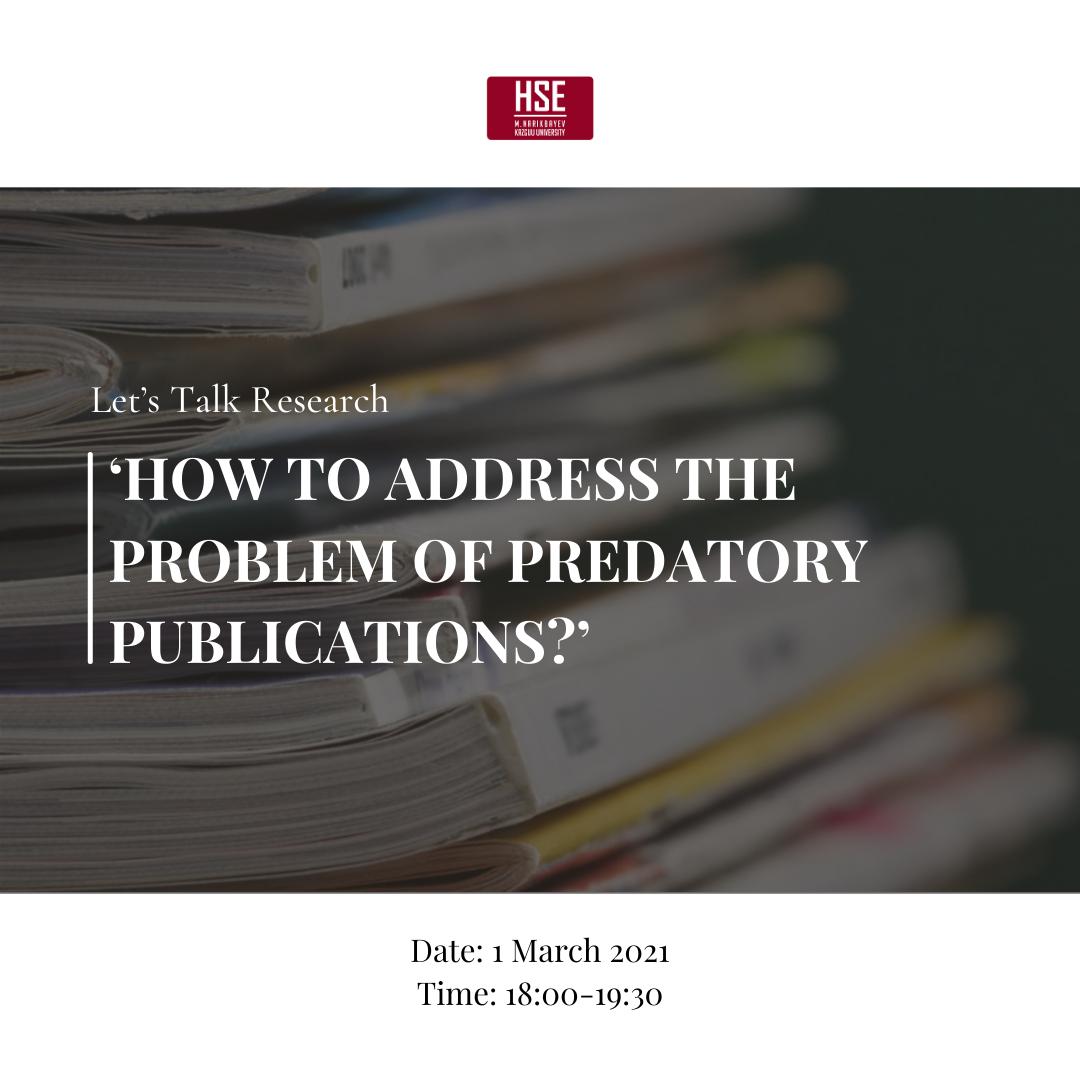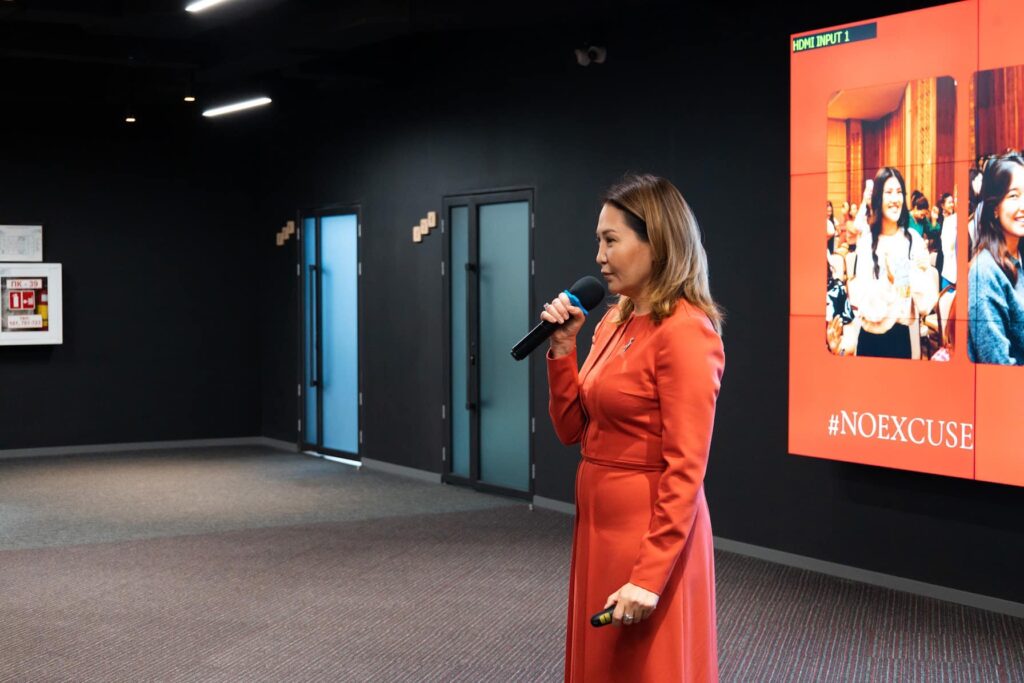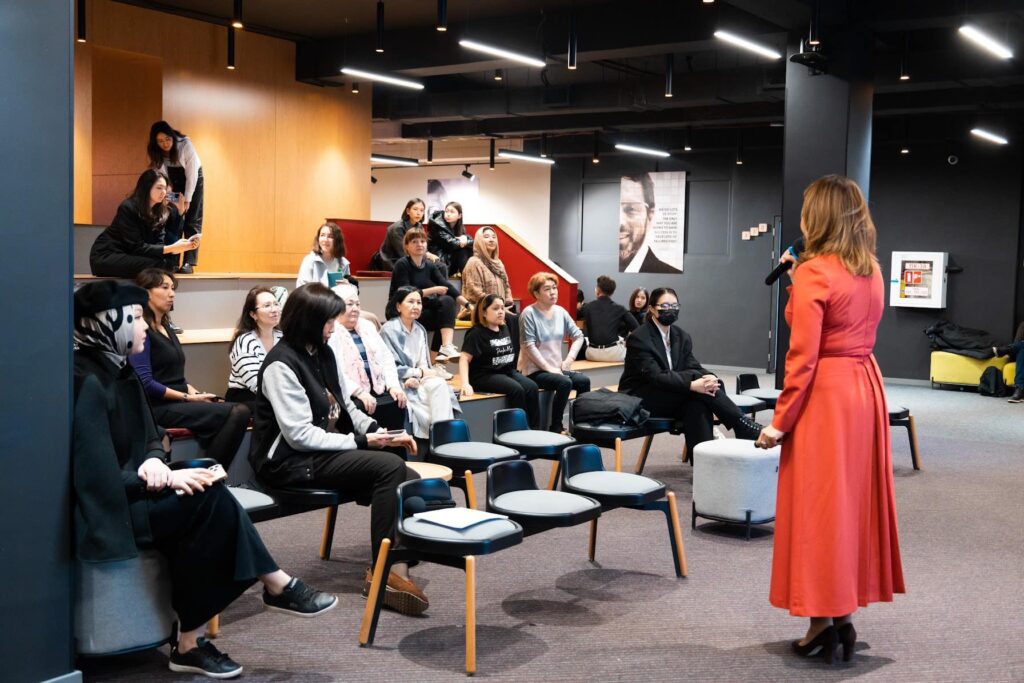RESOLUTION
following the webinar “How to address the problem of predatory publications?”
1.03.2021
Phenomenon of predatory publications is increasingly a major problem in academia. It decreases quality of science and research, misleads researchers, destroys reputation of Universities and harms public policies supporting research and innovation. Problem of predatory publishing is becoming acute in Kazakhstan and other CIS countries. According to a recent article “Predatory publishing in Scopus: evidence on cross-country differences”, published in Scientometrics journal in February 2021, Kazakhstan was the most affected country by predatory publications in journals indexed in Scopus in years 2015-2017. Every sixth article published by authors affiliated with Kazakhstani Universities appeared in journals which were later identified as predatory and discontinued from Scopus database (Vít Macháček & Martin Srholec, 2021).
Higher School of Economics of M. Narikbayev KAZGUU University hosted an online ‘Let’s Talk Research’ seminar with topic “How to address the problem of predatory publications?” on 1 March 2021. Dr. Martin Srholec (Deputy Director of Center for Economic Research and Graduate Education – Economics Institute of Charles University and the Economics Institute of the Czech Academy of Sciences), Dr Bulat Kenessov (Director of Center of Physicochemical Methods of Research and Analysis and Professor of Al-Farabi Kazakh National University) and Dr. Ikboljon Qoraboyev (Associate Professor of International Relations of Higher School of Economics of M. Narikbayev KAZGUU University) explained different aspects of the problem of predatory publishing and discussed best ways and strategies to address this problem. Speeches were followed by an interesting session of Q&A. More than 100 participants from different Kazakhstani and foreign Universities took part in the webinar.
Dr. Martin Srholec underlined that phenomenon of predatory publications is a global problem for academia today and there is a need for a collaborative action against predatory publishing which must bring together higher education policy makers, Universities and scholars. He proposed four broad recommendations to fight predatory publishing: 1) Governance and evaluation of research must be conducted at various levels, it shouldn’t be limited to bibliometric indicators alone. Evaluators must also scrutinize content of publications; 2) Journals must promote open peer review policies. Publishers must render open and transparent their peer review processes; 3) We must promote authors awareness of editorial practices of journals in which they publish. Websites like thinkchecksubmit.org can be useful for authors to check journals’ standing with respect to publishing integrity; 4) Scopus (and other citation databases) must improve their content selection criteria and they must strengthen their efforts to curb predatory content.
Dr. Bulat Kenessov discussed efforts to fight predatory publications in Kazakhstan. He underlined that Kazakhstan has implemented a set of measures to reduce number of predatory publications by authors from Kazakhstan. As a result of these measures, share of publications of Kazakhstani authors in journals which were discontinued in Scopus fell down from 38.4% (1st place) in 2016 to 10.9% (5th place) in 2020. However, he noted that this situation is still unsatisfactory and Kazakhstan must target to bring down share of predatory publications to 1% in order to reach level of advanced countries. He also explained how to detect predatory journals and formulated several recommendations to improve further situation in Kazakhstan which include measures like strengthening qualitative indicators for publications required for academic degrees and positions, to remove Scopus publication requirement for social sciences and humanities and to introduce rigorous peer review of PhD theses by external experts in order to advance to PhD defense instead of Scopus publications in the field of social sciences and humanities.
Dr. Ikboljon Qoraboyev explained that phenomenon of predatory publications is taking oversized form in post-Soviet countries. He highlighted four major levels which explain why authors publish low-quality articles in predatory and suspicious journals. These factors are related to policy level, institutional level, individual level and market level. As a result of these factors, researchers and decision-makers are too much focused on the product aspect of publishing and they are ignoring process aspects of publishing. Academic publishing is not only about the end result which is publication, it is also about following essential rules of the process of publishing which includes important stages like peer-review, getting feedback from senior colleagues, respecting rules of ethics and academic integrity when preparing article drafts, theoretical conversations among scholars in scientific fields, producing valuable publications for academic community and society as a whole. Pressure to publish a high number of publications in short time is leading researchers to ignore these important steps of the process of preparing academic articles. There is a need to strengthen process-focused approach to publishing in order to reduce problem of predatory publications. For this, public agencies and Universities must provide more training and support to researchers.
Dr. Bulat Kenessov articulated a set of specific recommendations for Kazakhstan’s scientific and research context that shaped the framework for this resolution:
1) all regulations should state that articles in journals that are no longer indexed by the Scopus database shall not considered for evaluation purposes;
2) allow dissertation, expert, national research and other councils not to consider articles in journals of a questionable quality;
3) recommend contacting Scopus and Web of Science in case of doubts about the quality of indexed journals, in which the number of publications by authors from Kazakhstan has sharply increased;
4) toughen regulations regarding the requirements on journals from the Scopus database (for example, the requirement SJR> 0.3 allows to effectively cut off most of the questionable journals), or exclude the Scopus database in certain areas (for example, in the natural sciences Science Citation Index Expanded by WoS is more relevant);
5) publicly funded research grants regulations should allow payment for the open access publications (Article Processing Charges) only directly to the publisher (and not to intermediaries);
6) Universities and research institutes shall not pay bonuses for and take into account in academic rankings the articles published in questionable journals. They must also strengthen control over the compliance with the principles of academic ethics;
7) universities not providing sufficient quality control over their academic research should not be allowed to participate in the government funding for doctoral studies;
8) incorporate quality of academic publications into the KPIs of heads of public universities and research institutes;
9) in humanities and social sciences, article publication requirement can be replaced by requirement to provide independent and rigorous examination of PhD dissertation by two external reviewers in order to proceed with PhD defense;
10) conduct research to identify questionable journals, publish their lists and not consider publications in them;
11) conduct trainings for researchers on selection of academic journals, academic writing and research methodology, as well as research ethics;
12) motivate scholars to publish in better quality journals (especially Q1 WoS or Arts and Humanities Citation Index);
13) reconsider and readjust scientometric indicators in the relevant policy documents.







